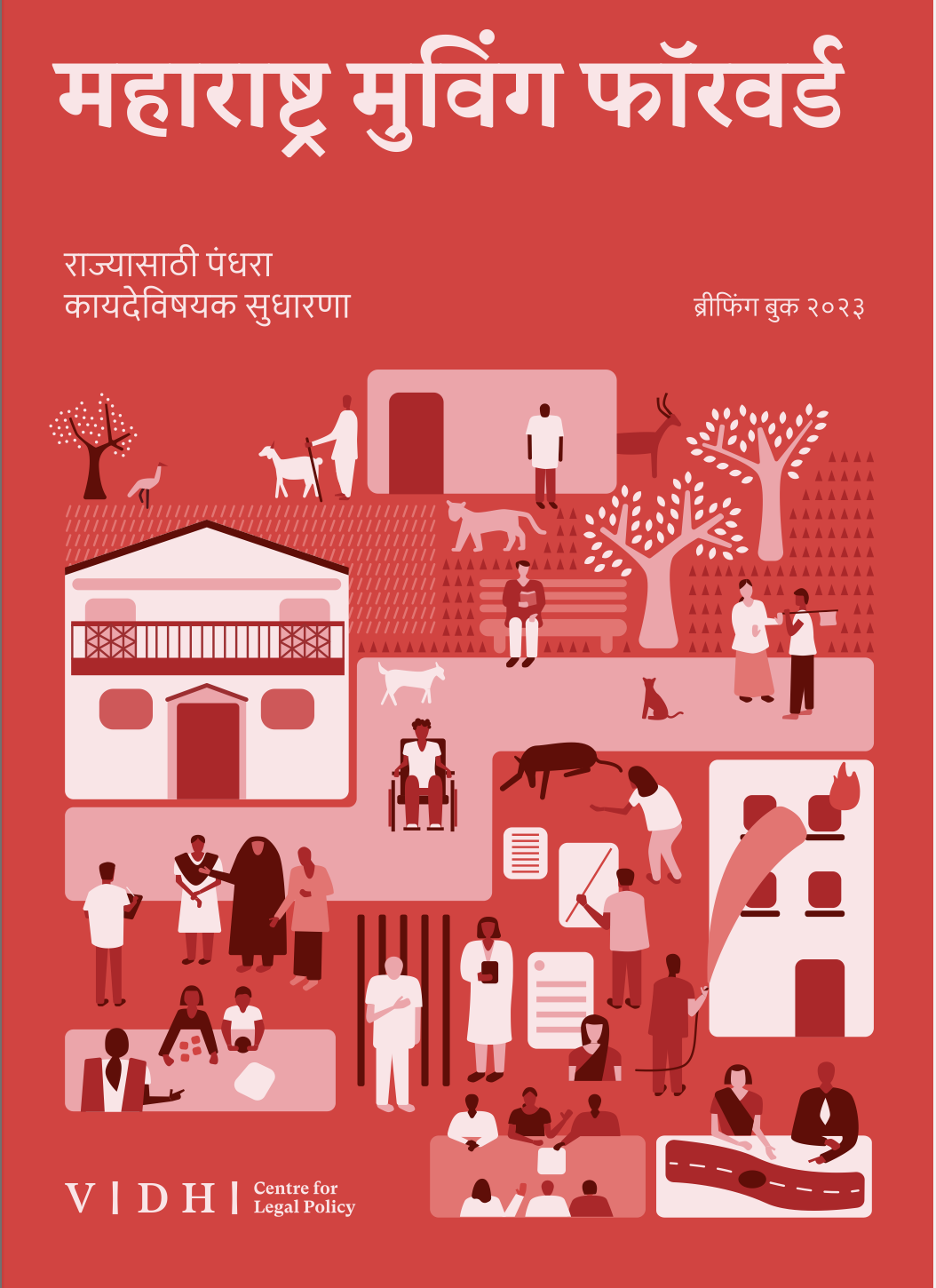महाराष्ट्र सरकार हे सध्या “एक ट्रिलियन डॉलर अर्थव्यवस्था” बनण्याचे उद्दिष्ट असलेल्या अनेक राज्यांपैकी एक आहे. गेल्या काही वर्षांत, महाराष्ट्राने व्यापार, उद्योग आणि वाहतूक सुधारण्यासाठी अनेक पायाभूत सुविधांचे प्रकल्प पाहिले आहेत. गरिबी कमी करण्यासाठी, रोजगार निर्माण करण्यासाठी आणि नागरिकांचे एकूण जीवनमान सुधारण्यासाठी पायाभूत सुविधा आणि आर्थिक वाढीवर भर देणे महत्त्वाचे आहे. तथापि, जलद विकास अनेकदा आपल्या नैसर्गिक आणि तयार केलेल्या वातावरणावर परिणाम करतो.
गरीबीचा सामना करण्यासाठी, पर्यावरणाचे रक्षण करण्यासाठी आणि २०३० पर्यंत शांतता आणि समृद्धी साध्य करण्यासाठी एक व्यापक ढाचा प्रदान करण्याच्या उद्देशाने २०१५ मध्ये, युनाइटेड नेशन्सने ‘सस्टेनेबल डेव्हलपमेंट गोल्स’ किंवा ‘शाश्वत विकास उद्दिष्टे’ स्वीकारली, ज्यांना जागतिक उद्दिष्टे म्हणूनही संबोधले जाते. युनाइटेड नेशन्सने निश्चित केलेल्या शाश्वत विकास उद्दिष्टांच्या अंमलबजावणीसाठी २०२३ हा अर्धा टप्पा असल्याने, विधी महाराष्ट्राची ब्रिफिंग बुक तीन श्रेणीतील सुधारणांवर लक्ष केंद्रित करते: (अ) शाश्वततेला प्रोत्साहन देणाऱ्या सुधारणा; (ब) सर्वसमावेशकतेला प्रोत्साहन देणाऱ्या सुधारणा; आणि (क) अशा सुधारणा ज्यामुळे संस्था सक्षम होऊन कायद्याच्या राज्याला चालना मिळेल.
About the Authors

Isha Prakash
Isha Prakash is a Research Fellow at Vidhi Centre for Legal Policy’s Maharashtra team. She recently graduated from Government Law College, Mumbai and stood sixth in Mumbai University. As a student, she has worked at the Chambers of now-Chief Justice of India D.Y. Chandrachud, now-Supreme Court Justice Karol and Justice G.S. Kulkarni as well as with organisations such as the Centre for Communication and Governance (NLU-D), Shardul Amarchand Mangaldas, Majlis, etc.
With a strong inclination towards constitutional law, gender justice and policy design, she has previously written for the Engenderings Blog by London School of Economics among others. Additionally, she has also served as the Chief Editor for the 90th edition of GLC's annual college magazine, méLAWnge, and as an International Editor for Cambridge Law Review and so on. In her spare time, she is a cinephile and volunteers to teach and work with underprivileged children.
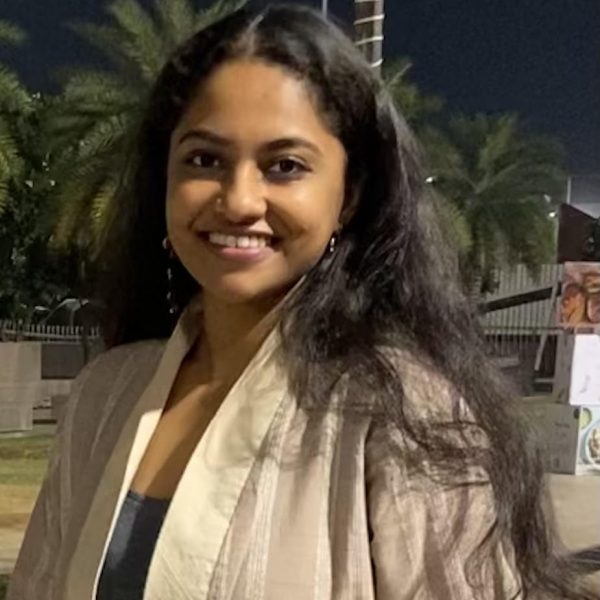
Yeesha Shriyan
Yeesha is a Senior Resident Fellow at Vidhi, Maharashtra. At Vidhi, she has been involved in projects relating to digitalisation of assessment and dispute resolution under the Income-tax and Goods and Services Tax Law. She has also worked on topics like taxation of cryptocurrencies, wealth-tax and the interplay between tax and investment protection regimes. She qualified as a Chartered Accountant in 2016 and completed her LL.B from K.C. Law College, Mumbai in 2020. Before joining Vidhi, Yeesha worked in the Excise litigation team at Lakshmikumaran & Sridharan Attorneys, Mumbai. She has also worked as a GST Trainee with Economic Law Practices, Mumbai where she provided consultancy services to clients from the real estate sector focusing on their smooth transition from the erstwhile Indirect tax regime to the GST regime.
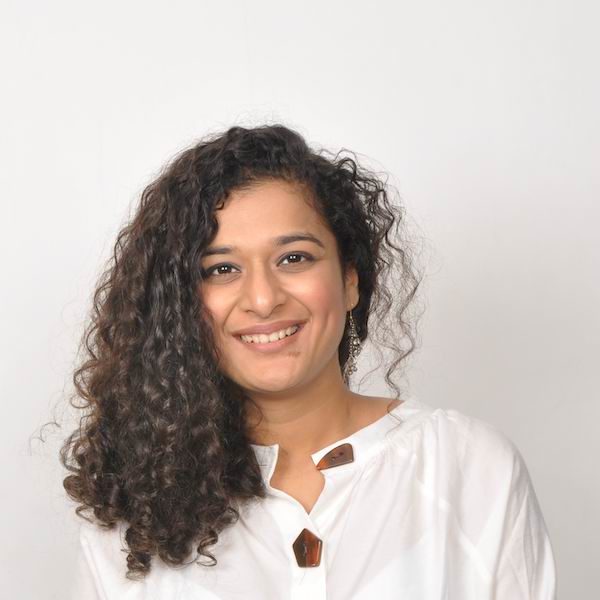
Jinaly Dani
Jinaly is a Senior Resident Fellow and leads Vidhi Maharashtra. Her work focuses on providing research and drafting assistance to several Ministries of the Government of India and departments of the Maharashtra State Government on legal, regulatory and governance matters. Prior to joining Vidhi, Jinaly graduated with a B.A., LL.B. (Hons.) from the Jindal Global Law School in 2015 and worked at the leading Indian law firm S&R Associates. Thereafter, she completed an LL.M from the University of Cambridge in 2019. Beyond her areas of work at Vidhi, Jinaly is interested in history, politics, gender and sexuality. At Jindal Global Law School, she was a research assistant for the Centre for Health Law, Ethics and Technology for three years during which time she assisted on various research projects and a book on gender non-conforming persons in India. Jinaly has also co-authored a book "Hamīñ Ast?: A Biography of Article 370", which is a constitutional history of Article 370 of the Indian Constitution.

Pratik Dixit
Pratik Dixit was a Research Fellow in Vidhi's Maharashtra office. Prior to joining Vidhi, Pratik briefly worked as a Trainee Associate at Ira Law on a variety of matters with a focus on technology law and intellectual property law before the Delhi High Court. Pratik graduated from the National Law School of India University, Bangalore (NLSIU) in 2021. He is particularly interested in constitutional law, technology law, and intellectual property law. His work on these topics has appeared in a number of academic journals including the Indian Law Review and Computer Law and Security Review. His hobbies include reading fiction and astrophotography.
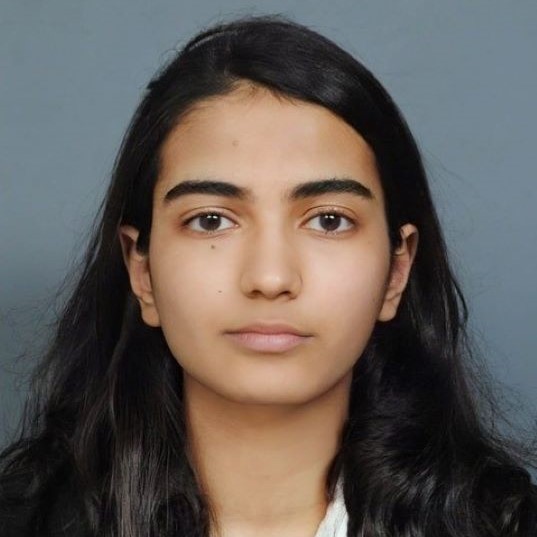
Sakshi Pawar
Sakshi was a Senior Resident Fellow at Vidhi Maharashtra. She graduated from Gujarat National Law University, Gandhinagar (GNLU) in 2019 with a B.A., LL.B. (Hons.). Prior to joining Vidhi, she worked with Trilegal, Mumbai in its dispute resolution team and thereafter with a med-tech start-up in the intellectual property law department. While in college, she co-founded a sports law blog called 'KhelAdhikar' and has published articles on gambling laws. She is interested in laws relating to intellectual property rights, sports and dispute resolution.
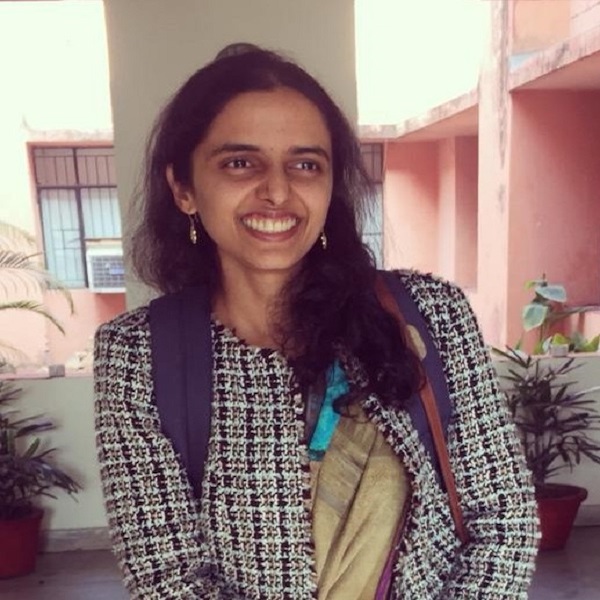
Rahela Khorakiwala
Dr. Rahela Khorakiwala was a Senior Resident Fellow at Vidhi and lead the work for Vidhi Maharashtra. Rahela completed her MPhil/PhD from Jawaharlal Nehru University in Delhi, her LLM from NYU School of Law and her LLB from GLC in Mumbai. In the past, she has worked with the World Bank for a project in Kabul, the Ministry of External Affairs on an international maritime dispute, the law offices of Federal & Company in Mumbai and did a post-doctoral fellowship at the Max Planck Institute in Germany. She recently published her first book titled, From the Colonial to the Contemporary: Images, Iconography, Memories, and Performances of Law in India's High Courts which is an ethnographic study of the first three colonial high courts of India. Rahela has several publications to her credit, including contributions to the Indian Law Review and the Asian Journal of Law and Society.
